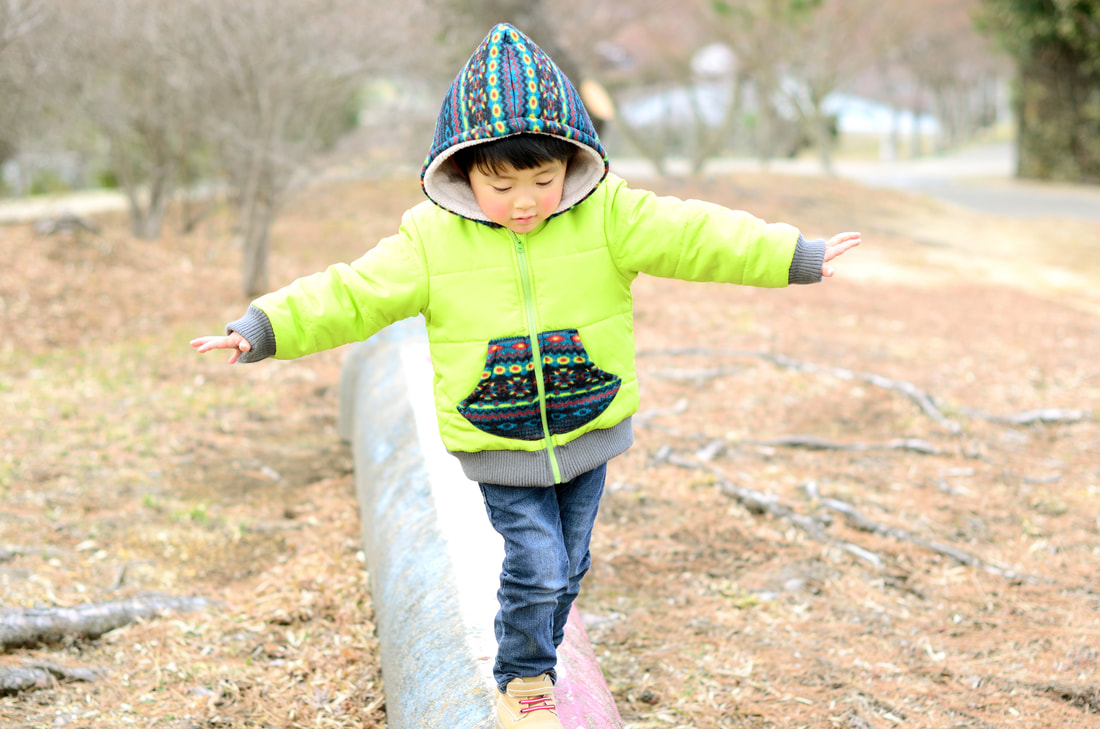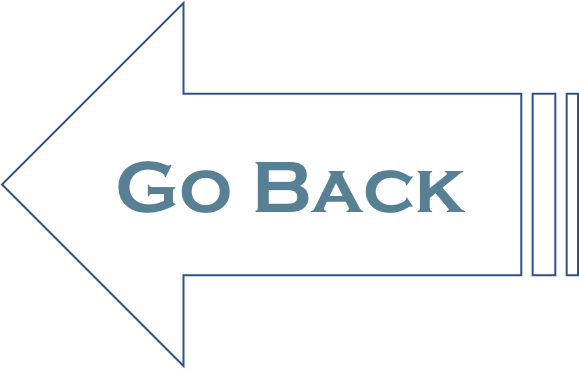Benefits of Physical Activity |
Page 3 |
Physical activity should be an important part of everyone’s schedule, including infants, toddlers, and preschoolers. The first few years of a child’s life are critical years for growth and brain development. It is also a time when children begin forming eating and exercise habits that last a lifetime. Nationwide, nearly 74 percent of children from 3 to 6 years of age are in some type of child care, including 56 percent in center-based care.
The amount and type of exercise, or physical activity, that children receive in child care also has a long-lasting impact on future activity habits. Physical activity helps children develop and improve motor skills, such as running, jumping and catching. If children do not have opportunities to learn and develop these skills, they may be more likely to be inactive as adults.
Statistics show that physical activity can improve health and well-being. Promoting physical activity in early childhood can influence adult activity levels. Early childhood professionals can be positive role models for children in their care by participating in physical activity.
Physical activity has many benefits, including:
Optional Resources for Further Study
- Kids and Exercise, Kid’s Health form Nemour
- “BAM” (Body and Mind) for kids, from the Centers for Disease Control and Prevention
- Proven: Kids Get Smarter Just from Exercising by Dr. Mercola
- The Physical Play and Motor Development of Young Children: A Review of Literature and Implications for Practice
- Let's Move! Child Care Physical Activity Checklist


